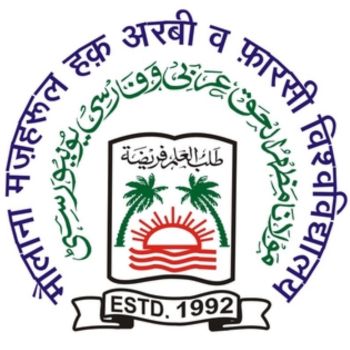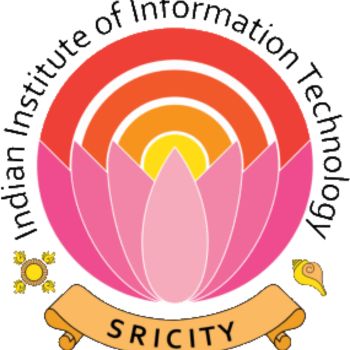Jawaharlal Nehru Centre for Advanced Scientific Research (JNCASR) stands as a premier autonomous institution established in 1989 by India's Department of Science and Technology. Located in Bengaluru, this research-focused center specializes in frontier and interdisciplinary sciences, fostering innovation across seven key units: Chemistry and Physics of Materials, Engineering Mechanics, Evolutionary and Organismal Biology, Molecular Biology and Genetics, Theoretical Sciences, New Chemistry, and Material Science. Unlike conventional universities, JNCASR emphasizes doctoral and postdoctoral research training, shaping graduates for specialized roles in academia, R&D, and high-tech industries. Placements at
JNCASR-Placement Overview
| Placement Metric | Statistics |
| Placement Rate | 85-90% |
| Median Salary | ₹12-15 LPA |
| Top Recruiters | DRDO, ISRO, Tata Steel, Biocon, Intel |
| Key Sectors | Aerospace, Biotechnology, Nanotechnology, Academia |
| International Placements | 20-25% |
JNCASR-Analysis of Placement Trends
The 85-90% placement rate underscores the institution's success in aligning advanced research training with industry and academic demands. Graduates typically secure roles in strategic research divisions of organizations like ISRO and DRDO, where expertise in materials science or molecular biology proves invaluable. International opportunities, accounting for 20-25% of placements, often involve postdoctoral positions at institutions in the U.S., Germany, and Japan. Salary packages range between ₹12-15 LPA for domestic roles, with variations based on specialization. For instance, researchers in nanotechnology and computational modeling command higher compensation due to industry demand for these skills.
JNCASR-Institutional Support and Recruiter Engagement
JNCASR’s placement strategy integrates continuous industry-academia partnerships. The centre hosts annual research symposia where organizations like Tata Steel and Biocon scout talent for R&D projects. A dedicated career cell facilitates networking through:
- Research internship programs with national laboratories
- Global academic collaborations for postdoctoral pathways
- Workshops on intellectual property and science communication
This ecosystem ensures graduates transition smoothly into roles as principal investigators, industrial scientists, or innovation strategists.
JNCASR-Industry Trends Shaping Careers
The demand for JNCASR graduates aligns with India’s expanding R&D expenditure, projected to grow 12% annually. Key trends include:
- Biotech and Pharma: Rising investments in drug discovery amplify opportunities for molecular biology specialists.
- Advanced Materials: Renewable energy and semiconductor sectors seek experts in material design.
Data Science: Theoretical sciences graduates increasingly transition to quantum computing roles. These trends reinforce the centre’s emphasis on interdisciplinary training, making graduates adaptable to evolving industry needs.
JNCASR-Career Pathways for Graduates
JNCASR alumni typically pursue three primary trajectories:
- Academia: 40-45% join universities or research institutes as faculty.
- Industrial R&D: 35-40% lead innovation teams in sectors like aerospace and biotechnology.
- Entrepreneurship: 15-20% launch deep-tech startups, often incubated through JNCASR’s innovation hub.
The centre’s compact cohort size (under 500 researchers) ensures personalized mentoring, with faculty actively guiding career decisions.
JNCASR’s placement success hinges on its specialized training model, which transforms researchers into leaders capable of solving complex scientific challenges. While salary figures remain competitive, the true value lies in the institution’s ability to open doors to impactful roles in cutting-edge research domains. As India advances its scientific capabilities, JNCASR graduates stand at the forefront of innovation—driving progress from laboratories to global industries.










